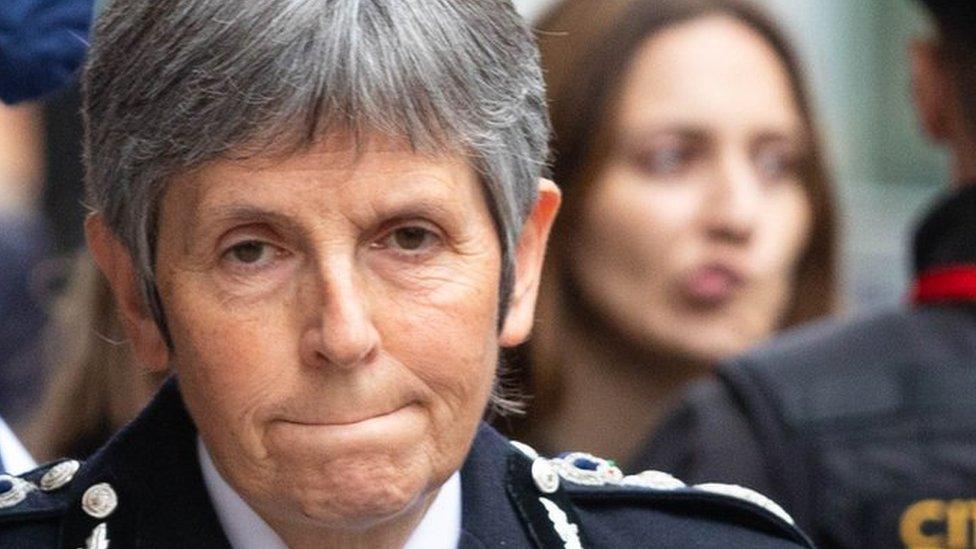We're not perfect, says Met chief in women's action plan
- Published
'I don't know if I want to go out anymore'
A Met Police "action plan" will help it regain the trust of women after a number of scandals, the force has said.
They include the case of Sarah Everard, who was abducted, raped and murdered by a serving officer earlier this year.
In 2020 two PCs who should have been protecting a crime scene instead took photographs of the bodies of sisters Bibaa Henry and Nicole Smallman.
Commissioner Cressida Dick said: "We're not perfect, we are taking a long, hard look at ourselves and our culture".
On Wednesday Dame Cressida released an "action plan" setting out a strategy to tackle violence against women and girls, saying her force will "continue to change, improve and continuously strive" to uphold standards.
A number of Met officers have recently been convicted of offences ranging from rape to fraud, external.
After the death of Ms Everard, the force came under even more scrutiny over the handling of a vigil in her memory. Clashes broke out between women and police officers trying to control the gathering, held on Clapham Common under Covid lockdown measures.
The commissioner, who has faced numerous calls to resign, said the Met knows the importance of "rooting out any and all predatory behaviour" towards women, and will create a team dedicated to investigating allegations of sexual misconduct and domestic abuse committed by police officers and staff.
In the wake of the abduction of Sarah Everard, in which the officer used his police status and equipment to persuade her she was being legitimately arrested, the Met suggested lone women approached by anyone claiming to be an undercover police officer would be able to verify their identity using a video call to a uniformed colleague.
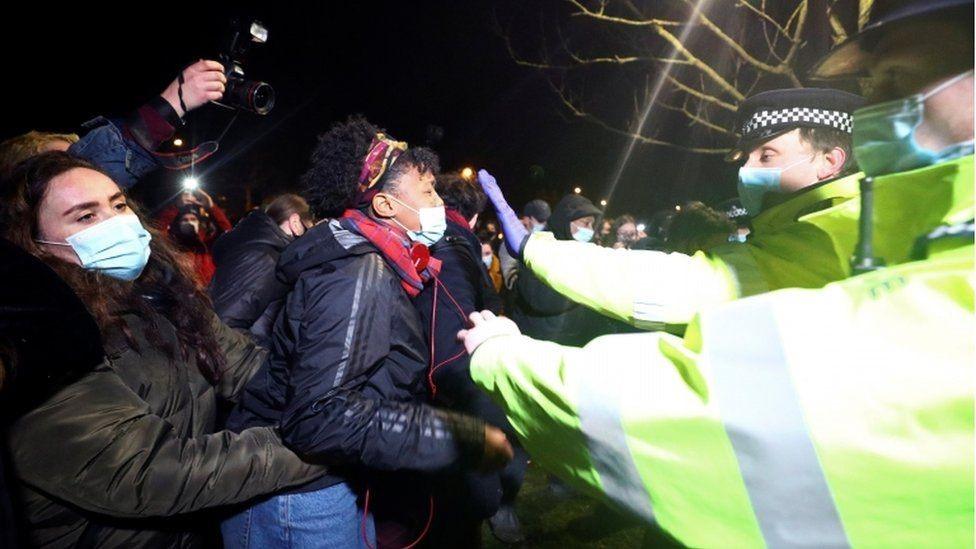
The Met was criticised for its policing of a vigil held for Sarah Everard
The action plan also announced there would be a "strong and sustained internal communications campaign" in which officers and staff members would be reminded not to misuse social media or messaging apps, or behave inappropriately.
Alongside improving Met culture and professional standards, the plan's objectives are listed as:
Protecting women and girls in public spaces, at home and online
Working with our partners and with women to improve prevention and victim care
Bringing offenders to justice and improving criminal justice outcomes for victims
Baroness Casey of Blackstock has been appointed to lead an independent external review of the Met's culture and professional standards.

Women's safety: Is Met guilty of PR stunts rather than reform?
The Met Police has been criticised for PR stunts over reform by campaigners for women's safety.
City Hall's Police and Crime Committee heard on Wednesday that trust in the Met had been lost and many women suspected the force of institutional racism and misogyny.
Andrea Simon, from the End Violence Against Women coalition (EVAW), said women were reluctant to come forward "for good reason".
She said unless the Met's latest strategy addresses "the culture of misogyny, the culture of racism within the police force" she didn't expect things to change.
"It's true there are individuals who are very committed to their work but we have an institutional, cultural problem that needs to be addressed.
"It's not about one bad apple. It's about what's allowing so many police officers to think it's okay, for example, to share inappropriate, misogynist, sexist, racist messages on WhatsApp, to harass colleagues, to be domestic abusers, to be rapists."
On Tuesday two Met police officers admitted taking and sharing photos while guarding the crime scene where two sisters had been stabbed to death in a north London park.
The Met also announced it will be deploying teams of undercover officers outside bars and clubs - a scheme which will be piloted initially in two south London boroughs, Lambeth and Southwark.

- Published3 November 2021
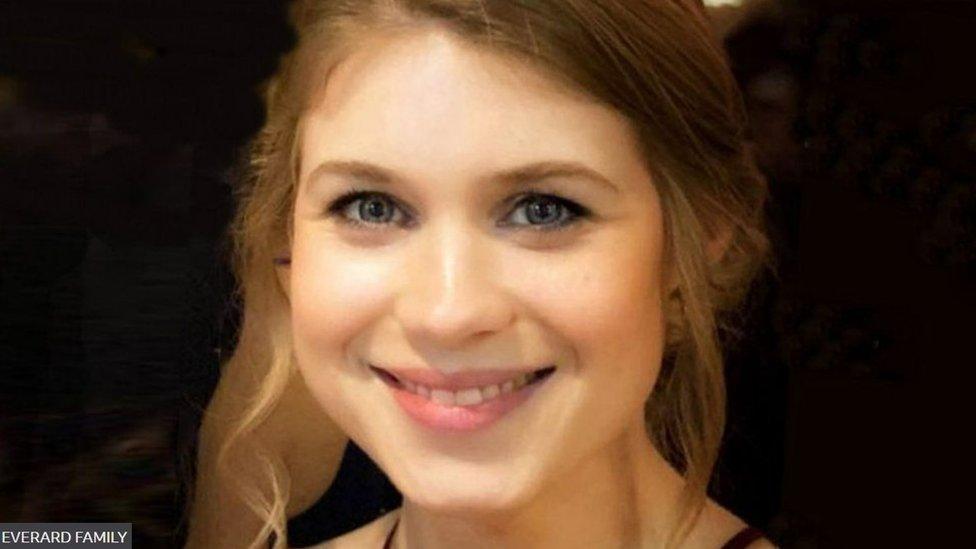
- Published20 October 2021
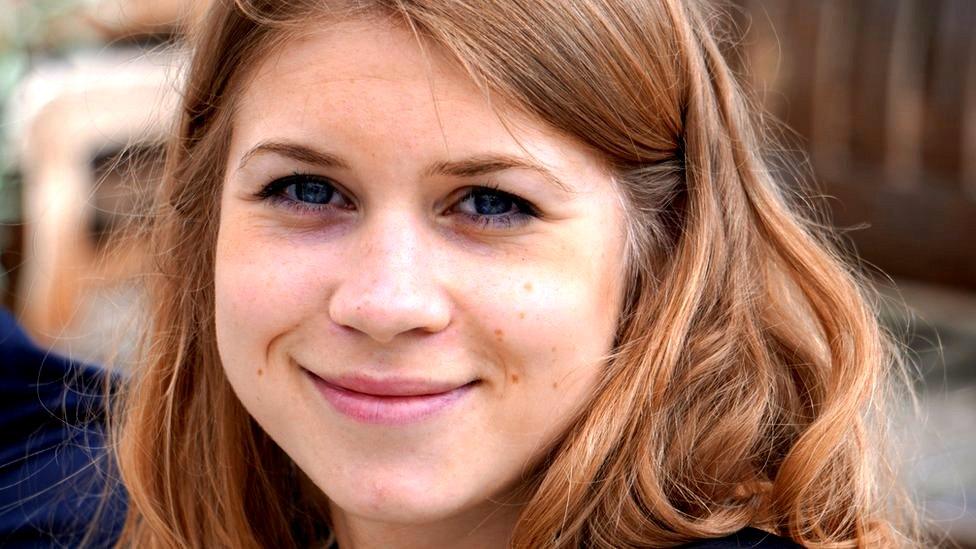
- Published3 November 2021
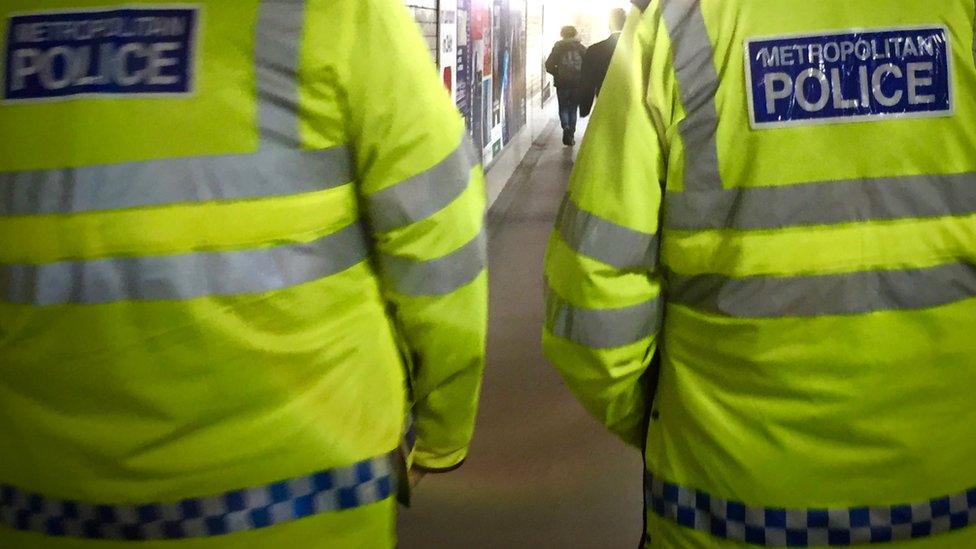
- Published10 February 2022
